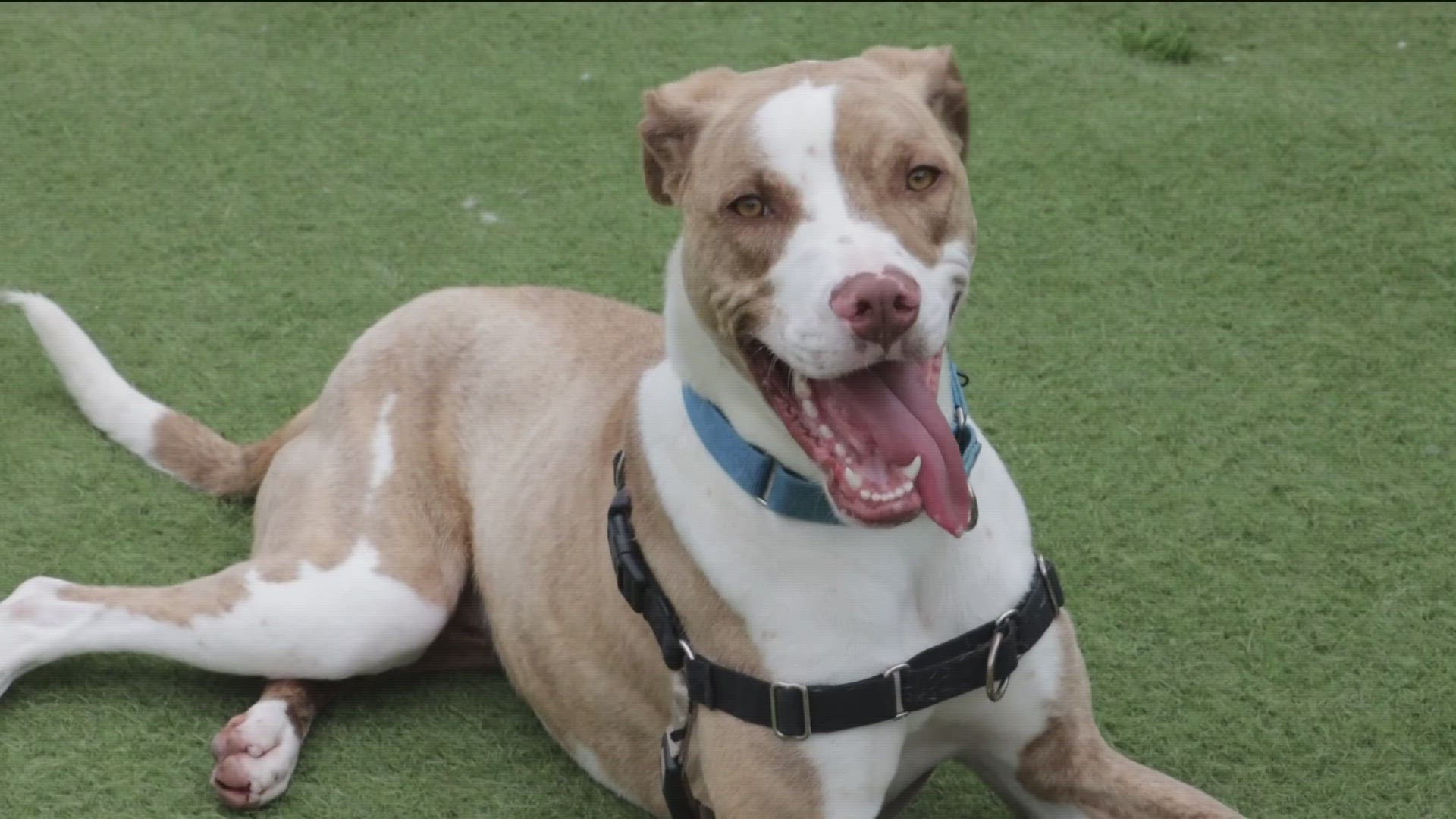SAN DIEGO — Many pet owners have wished for a way to extend their dog's life beyond the brief years we have with our furry friends. A California bio-tech start-up dubbed Loyal is developing a drug that aims to do just that.
They aren't sharing the drug's active ingredient, but what they’ve developed is designed to reduce levels of a growth-promoting hormone. They just got the FDA’s stamp of approval for effectiveness. Next, they will test for safety and manufacturing.
Dog owners at the dog beach in San Diego's Ocean Beach tell CBS 8 they are interested in the idea.
“Whatever it is I want it,” Lily Peterson, who owns a Border Collie said. “This breed lives 11-14 years. When I think about it, I get depressed.”
What size dog lives the longest?
Bigger dogs can sometimes live only half as long as small dogs.
The San Francisco-based company Loyal is looking to give bigger dogs a leg up and expand their lifespan. Its founder and CEO Celine Halioua is optimistic about the company's chances of making this happen.
“To see the degree of excitement, it's so satisfying," she said. "It's made the sacrifice worth it,”
Halioua is not yet making any claims for exactly how much longer it could extend a dog's life. They are still working on that data, but the goal is at least one year.
The theory is that if the dog is healthier, he or she will live longer.
Why don't big dogs live as long as small dogs?
Halioua says humans created some big dog breeds before truly understanding genetics. Great Danes, for example, live up to 10 years, while a Chihuahuas can stay alive for as many as 20 years.
“So many of these dogs have genetic related diseases or challenges, due to historic inbreeding. For example, Golden Retrievers get cancer at a high rate, German Shepherds get his dysplasia,” she said.
What's next?
It takes time for the FDA to put its stamp of approval on a product.
The agency has approved its effectiveness, but now Loyal must get through safety and manufacturing.
Halioua isn't a stranger to this realm of science. She used to do human age-related research in San Diego at Sanford Burnham Prebys.
“Any drug to be used in this way, to keep them healthy, not to treat something acute, the safety bar is super high," she said. I don't want to sell it, and the FDA won't let us sell it, unless it's extremely safe."
It would be a regulated pharmaceutical, that pet owners would only be able to get from a veterinarian. It would be in the form of an injection every three to six months, starting around middle age, until the rest of the big dog's life.
So far, Loyal is only studying dogs, but Halioua says there's hope for humans.
“It’s a really compelling proof of concept,” she added.
The drug has not yet been named. Loyal is hoping to be on the market in 2026 and they want it to be affordable. CBS 8 was told somewhere in the double digits for each injection.
WATCH RELATED: Pet owners encouraged to look for these symptoms of mysterious respiratory dog infection

